Dedicated to a sustainable future for people and the planet
UHF is a global health think tank that develops impact-oriented solutions for public health needs.
We are a world-class team of development, economics, and health experts with extensive scientific, policy, strategy, technology and implementation expertise.
Our Expertise
THINK TANK
We serve as a think tank and a design forum to respond to rapid, complex changes in global health and development, with focus on innovation and systems thinking.
COORDINATION
We connect academia, governments, business, and civil society organisations, providing a platform to share experience and learn from best practices globally.
TECHNICAL ANALYSIS
We develop and apply state-of- the-art research and analysis techniques to deliver stakeholder-and industry-specific insights that can make a difference.
IMPLEMENTATION
We implement sustainable, evidence-based policies to support public health and socio-economic systems.
SUSTAINABLE STRATEGY
We shape corporate and organisational strategy for sustainable impact and social returns.
POLICY TRANSLATION
We help extend, specialise and translate the benefits of international public goods to complex settings.
We bridge the gap between research and policy by offering practically applicable and tailored guidance that is informed by years of experience.
POLICY GUIDANCE
ADVOCACY
We advocate for policies and actions that are conductive to the advancement of the sustainable health of both the people and the planet.
Projects
We are immensely grateful for the opportunity to be at the forefront of global health strategy, and for the meaningful work we have accomplished, spanning health taxes, gender and equity, NCD prevention, sustainability, and health economics.
-
Fiscal policies have previously been used to address the environmental impact of fossil fuels, but to date have not been framed in terms of their health impact. Fiscal instruments that target fossil fuel consumption are unique policy tools that can be implemented to improve public health. However, most interventions aimed at reducing fossil fuel combustion emphasize the environmental benefits while largely neglecting the public health benefits. Lessons from both health and environmental policy arenas may be harnessed to support fiscal policies for fossil fuels.
-
Planetary health is an interconnected discipline that addresses the interplay of planet, animal and human health. As such, it requires a comprehensive and sustainable approach. At UHF we examine and understand the complex planetary health issues facing the world through a holistic, systems thinking lens. This approach enables us to propose comprehensive policies and solutions that consider the nuances and complexities of the real world.
-
From policy creation to implementation, we combine our expertise in fiscal policy to set a global agenda that alleviates the health impact of fossil fuels. We take our global health knowledge and translate it to cost-effective, health promoting, and environmentally friendly policy initiatives that advance the greater good, such as:
Strengthening national implementation of cost effective, health promoting, and environmentally friendly policies
Setting a global agenda to alleviate health impact of fossil fuels
Using fiscal policies for people and the planet
Global health knowledge and policy translation for the good of all
-
As the world changes, values change too. Organisations must welcome innovative approaches to development that embrace values such as sustainability and inclusivity. UHF collaborates with corporate and non-profits organisations to reorient their internal strategy to promote values that support the health of the people and the planet.
Using the Sustainable Development Goals as a framework, we apply strategic options to development and analysis and optimise organizational values and activities to achieve these objectives. UHF is positioned as a constructive force to lead these organisational changes.
When enhancing strategic analysis, we embrace the use of both qualitative and quantitative research. A qualitative lens helps deepen understanding around the company’s vision and helps create a framework that enables systems thinking. On the other hand, a complex quantitative approach allows for an optimisation model which represents the value function in a set of key performance indicators. This value function then helps achieve the strategic goals of the company and leads to an informed understanding among stakeholders.
-
The UHF health futures dashboard features an open source data dashboard that showcases the interconnected nature of present and future global and planetary health challenges. Through an easy-to-use interface and captivating visuals, we aim to highlight the impact of action on strategic synergy points where we can expect a collective positive impact on global and planetary health.
-
From designing the policy to effective implementation, we have real-world, pragmatic insight into what it takes to create innovative fiscal tools for health. We go beyond a technical guidance; we use an evidence-based advocacy approach to outline strategic and tools for the successful implementation of health taxes. UHF is also on the cutting-edge analysis of fiscal instrument for fossil fuels and how they impact health.
We work with organisations like UNIATF (The United Nations Interagency Task Force on NCDs) to create a comprehensive overview of different approaches to development and implementation of health taxes. Our work provides a link between global normative guidance and on-the-ground implementation. We introduce and explain how the application of a practical set of tools can assist decision-makers in translating technical guidance into actionable and effective policy.
-
In our globalised world, there is no such thing as isolation. As the COVID-19 pandemic swept the globe, many countries implemented lockdowns in an attempt to contain the virus. While lockdowns are effective at reducing disease transmission, it comes at a cost.
Our research shows that lockdowns in OECD countries have widespread impacts for the health and economics of countries in Africa. As economic growth slowed in high-income countries due to the pandemic, the economies of low-income countries stalled as well. These severe economic downturns have led to increase morbidity and mortality in low-income countries.
This so-called “death transfer” illustrates the complexity that health interventions present in our interconnected world. The solutions to these problems are more complicated still, but UHF is uniquely situated to provide expertise and guidance on how we can create a more equitable world.
-
Embracing sustainability is crucial to promoting a healthier future for the people and the planet. As the world shifts towards more sustainable solutions, we work with organisations and make the investment case for sustainability. We provide impact analyses for companies, programmes, health technology, and other interventions. Specifically, our work includes:
Making the investment case for sustainability
Economic impact analyses for companies, programmes, health technology, and other interventions
Scenario development and modelling for sustainability and development
Developing strategic business cases for health and the environment
-
Equity and social justice are core values to the work of UHF. With a strong in-house expertise in intersectional gender equity, UHF ensures that the unique circumstances of women are centred in our work, and the impact of any policy and program on the most marginalized groups in the communities are considered.
Our Partners
































